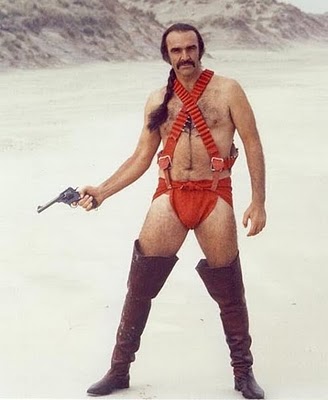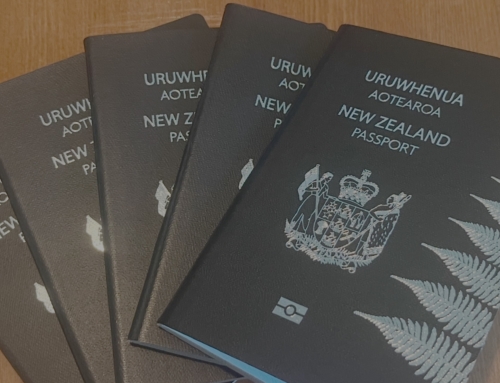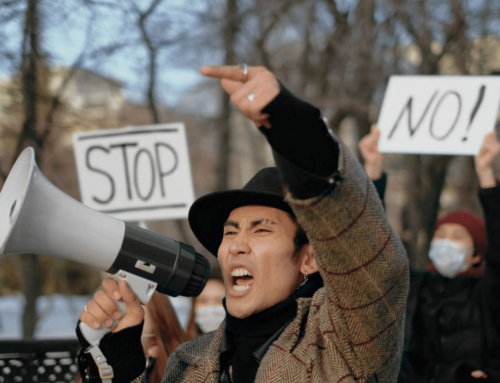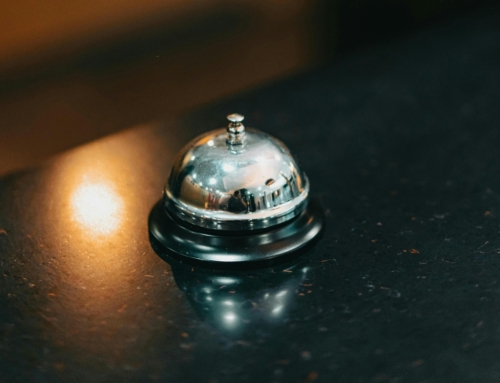It’s interesting living in a macho culture.
After living in Portland, where skinny man-boys wear dresses and makeup, living in a Latin culture with traditional machismo stereotypes has allowed me to revisit what masculinity means.
I was surprised to hear something said offhand by a parent here in Costa Rica. Our kids were playing, and we were talking about driving the 4×4 mountainous roads here. She said, “I don’t drive that well, because we mostly go places as a family, so I hardly drive at all.”
Naively, I said, “You could practice more, then you’d get better at driving on these bumpy roads. All it takes is practice.”
“No,” she said, “my husband doesn’t let me drive. It’s a macho thing.”
She went on to explain that if anyone saw him in the passenger seat, he would get really upset, to not have control of his wife.
My first thought (the one you’re always glad you didn’t say out loud) was:
Wow, is his masculinity so weak that a display of independent strength in his woman takes it away?
I think the whole “macho thing” is really funny, because it has its roots in a deep insecurity.
It’s pretty obvious to those who know me well, I am decidedly not macho. I love to juggle, and act silly with my kids. I took my wife’s last name when we married. For the first 4 months we lived in Costa Rica, she drove everywhere – she learned to drive on mountainous bumpy roads, and I learned to drive on highways.
Had I responded to these situations with a macho perspective, I would:
- Have much less fun with my kids
- Contribute to the disappearance of the Huntress surname
- Risk my family on uncertain roads, by insisting on using my inferior driving skills
Am I less masculine because of these decisions?
No, I believe I’m just less macho.
And I think that’s just fine.
One of the reasons I don’t mind missing out on machismo is that I have complete confidence in my masculinity without it. I have survived extremely harsh conditions, physical, geographical, financial, and societal. I’ve gone through the P90X extreme fitness program three times. Just a little while ago, I was a Parkour athlete, and I had a penchant for climbing the bridges in Portland.
There’s nothing quite like looking down a forty story drop, suspended only by the strength of your fingers, to make you feel strong.
Masculine.
But macho? No.
I was able to take my wife’s last name because I am completely secure in my own power as an individual man. It is only men who do not share this confidence that would feel threatened by rescinding their surname for their wife’s.
My wife is a strong, forceful woman. She is a partner to me, and our strengths complement each other. My life partner can challenge me on my core values, an exercise that allows me to continue to grow.
Macho, macho men are usually with subservient, weak women because they lack the inner fortitude to pair with a woman of strength.
When I see men displaying machismo, to bloat their own egos, I feel sad for them. This fragile illusion of strength is all that they have to hold them up.







Dude, the patriarchy is dying. If my own father is denouncing the patriarchy at Thanksgiving dinner then it is truly on its last legs.
How macho was your dad, in his day?